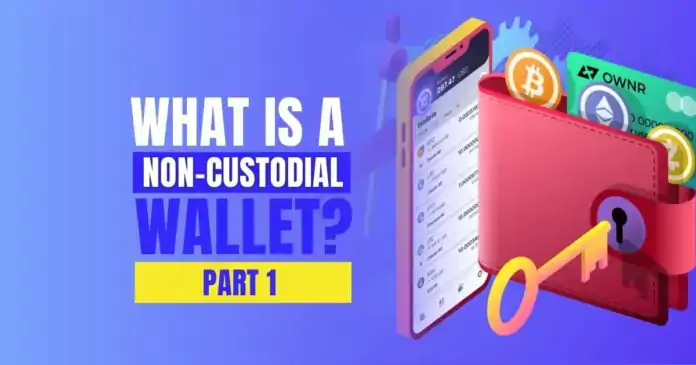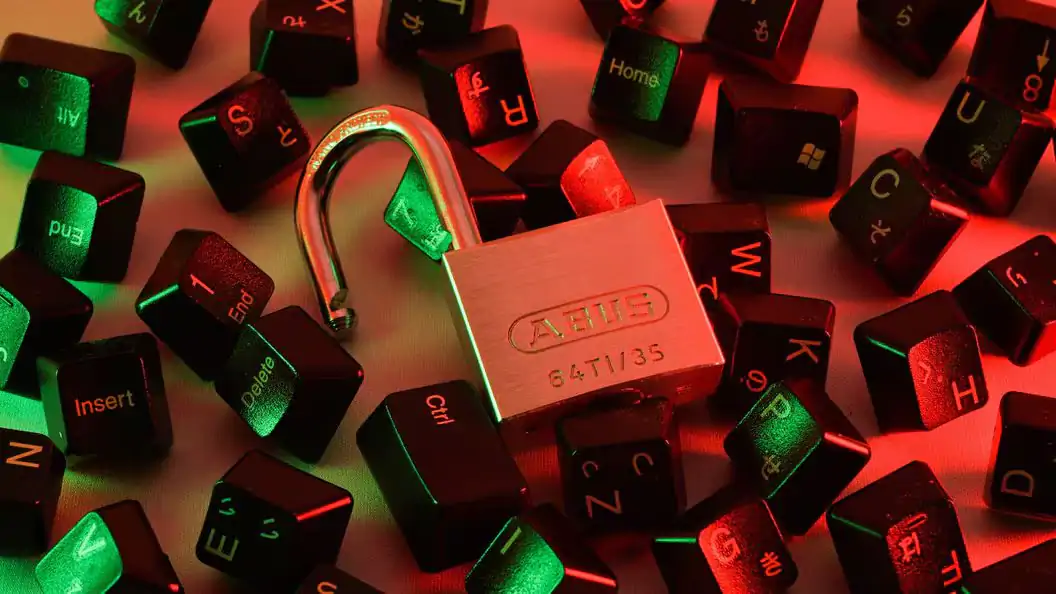Holders can use different types of crypto wallets to store their holdings. But we can split these wallets into two main categories: custodial and non-custodial wallets. A custodial wallet has access to your private keys and holds your assets. BINANCE Custody is a good example of a custodial wallet.
Both custodial and non-custodial wallets have their pros and cons. But let’s find out more about the non-custodial wallet
What is a Non-Custodial Wallet?
A crypto wallet generally allows you to interact with a blockchain platform. It enables you to send, receive and store funds. Crypto wallets are made of two main parts.
- A public key: This is the part of your wallet shared with the public during a transaction.
- A private key: Is a mix of numbers and letters that can give anyone access to your funds.
A non-custodial wallet is a wallet service where only holders hold and control their private keys. They usually have no intermediaries. So users can trade directly from them. Non-custodial wallets are best suited for users who want full control of their assets.
#NotYourKeysNotYourCoins seems more important than ever. What's the safest way to store your crypto assets? Confused about what's right for you? ??
Here are all the pros and cons of custodial and non-custodial wallets to help you decide which option is right for you.
— KUCOIN (@kucoincom) November 14, 2022
decentralized exchanges and decentralized applications require users to have a non-custodial wallet to interact with their platform. This includes platforms such as SushiSwap. PancakeSwap and UniSwap.
MetaMask and Trust Wallet are two of the most popular non-custodial wallets. However, you are required to keep your seed phrase private to avoid exploitation.
How Do Non-Custodial Wallets Work?
Non-custodial wallets grant the users access and control to all the custodian services. Transactions on non-custodial wallets are reflected on the chain in real-time. Regarding security, non-custodial wallets are less likely to have information since the user controls their private keys. A hack can only occur if the user decides to share their keys.
Non-custodial wallets provide instant access to withdrawals. This is because they do not require permission from third parties.
Is a Non-Custodial Wallet Safe?
Non-custodial wallets are safer than custodial wallets, often subject to exploitations or hacks. However, non-technical users might require more time to get used to non-custodial wallets. But, non-custodial wallets are bound to grow in popularity in the coming months. This is because crypto users have become more aware of the need to protect their assets from losses.
Stay safe with your valuable digital assets out there. Secure them in non-custodial #Bitcoin cold storage hardware wallets.
Bulletproof your security by integrating into TREZOR cold storage hardware & Cryptotag Zeus backup system:https://t.co/vbqnk8Ro2q
Security with Trezor?? pic.twitter.com/783VeYy2T1
— ZeusPay.ETC (@ZeusPayETC) November 9, 2022
In conclusion, non-custodial wallets have several edges over their custodial counterpart. But the choice of what to use lies with the user. Those who want full control of their funds are bound to stick with non-custodial wallets.



 BlocksInform
BlocksInform










